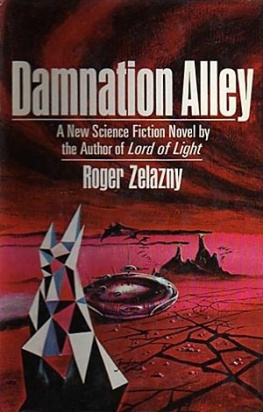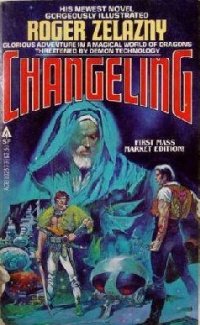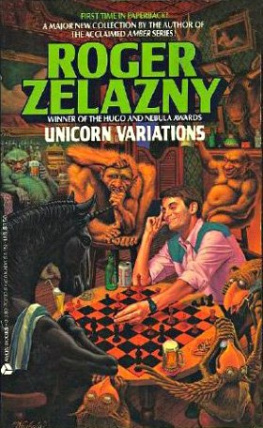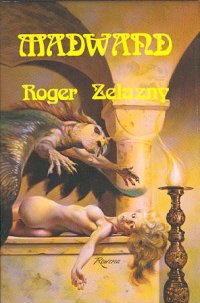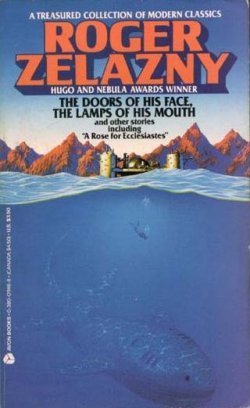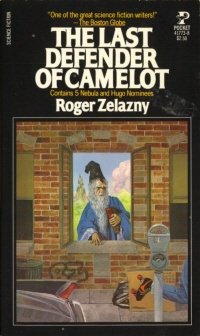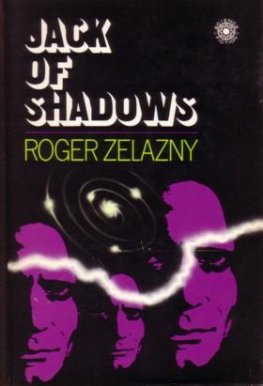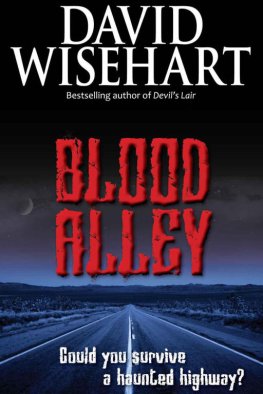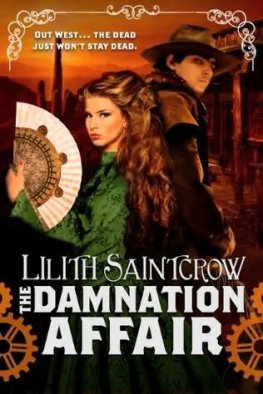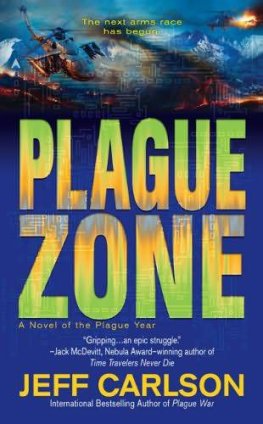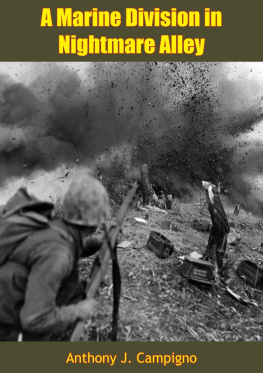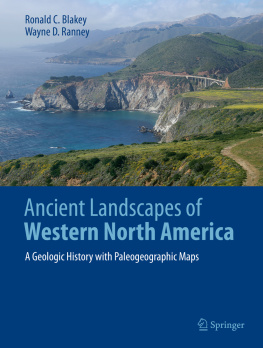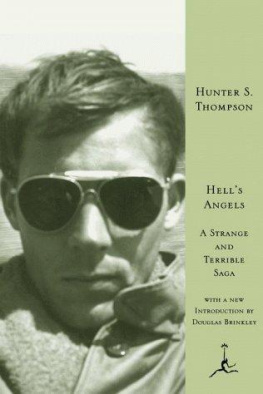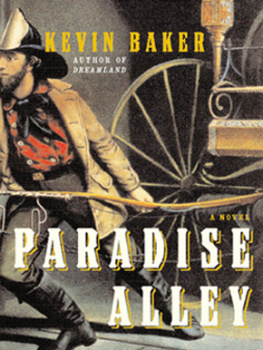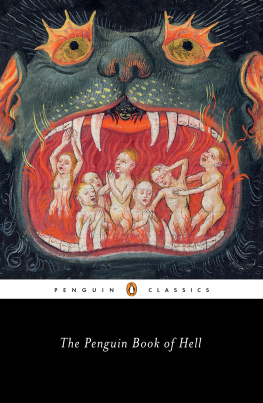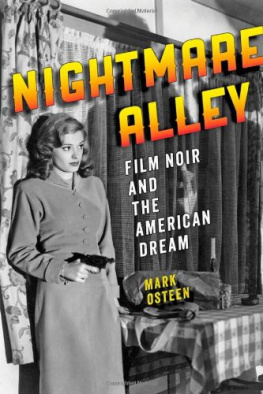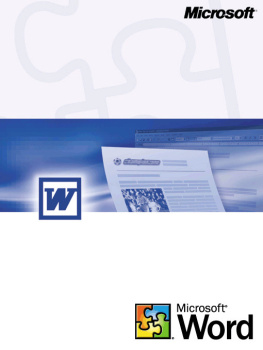About
This book was generated by Lord KiRon's FB2EPUB converter version 1.0.35.0.
FB2EPUB 1.0.35.0 Lord KiRon
FB2 document info
Document ID: 1d3fe878-f327-4e85-85ba-d147efa2244d
Document version: 1
Document creation date: 31.05.2008
Created using: ConvertLIT, Lit2FB2 software
Document authors :
Roger Zelazny
Damnation Alley
The gull swooped by, seemed to hover a moment on unmoving wings.
Hell Tanner flipped his cigar butt at it and scored a lucky hit. The bird uttered a hoarse cry and beat suddenly at the air. It climbed about fifty feet, and whether it shrieked a second time, he would never know.
It was gone.
A single white feather rocked in the violent sky, drifted out over the edge of the cliff, and descended, swinging, toward the ocean. Tanner chuckled through his beard, against the steady roar of the wind and the pounding of the surf. Then he took his feet down from the handlebars, kicked up the stand, and gunned his bike to life.
He took the slope slowly till he came to the trail, then picked up speed and was doing fifty when he hit the highway.
He leaned forward and gunned it again. He had the road all to himself, and he laid on the gas pedal till there was no place left for it to go. He raised his goggles and looked at the world through crap-colored glasses, which was pretty much the way he looked at it without them, too.
All the old irons were gone from his jacket, and he missed the swastika, the hammer and sickle, and the upright finger, especially. He missed his old emblem, too. Maybe he could pick one up in Tijuana and have some broad sew it on and... No. It wouldn't do. All that was dead and gone. It would be a giveaway, and he wouldn't last a day. What he _would_ do was sell the Harley, work his way down the coast, clean and square, and see what he could find in the other America.
He coasted down one hill and roared up another. He tore through Laguna Beach, Capistrano Beach, San Clemente, and San Onofre. He made it down to Oceanside, where he refueled, and he passed on through Carlsbad and all those dead little beaches that fill the shore space before Solana Beach Del Mar. It was outside San Diego that they were waiting for him.
He saw the roadblock and turned. They were not sure how he had managed it that quickly, at that speed. But now he was heading away from them. He heard the gunshots and kept going. Then he heard the sirens.
He blew his horn twice in reply and leaned far forward. The Harley leaped ahead, and he wondered whether they were radioing to someone farther on up the line.
He ran for ten minutes and couldn't shake them. Then fifteen.
He topped another hill, and far ahead he saw the second block. He was bottled in.
He looked all around him for side roads, saw none.
Then he bore a straight course toward the second block. Might as well try to run it.
No good!
There were cars lined up across the entire road. They were even off the road on the shoulders.
He braked at the last possible minute, and when his speed was right he reared up on the back wheel, spun it, and headed toward his pursuers.
There were six of them coming toward him, and at his back new siren calls arose.
He braked again, pulled to the left, kicked the gas, leaped out of the seat. The bike kept going, and he hit the ground rolling, got to his feet, began running.
He heard the screeching of their tires. He heard a crash. Then there were more gunshots, and he kept going. They were aiming over his head, but he didn't know it. They wanted him alive.
After fifteen minutes he was backed against a wall of rock, and they were fanned out in front of him, and several had rifles, and they were all pointed in the wrong direction.
He dropped the tire iron he held and raised his hands.
"You got it, citizens," he said. "Take it away."
And they did.
They handcuffed him and took him back to the cars. They pushed him into the rear seat of one, and an officer got in on either side of him. Another got into the front beside the driver, and this one held a pistol in his lap.
The driver started the engine and put the car into gear, heading back up 101.
The man with the pistol turned and stared through bifocals that made his eyes look like hourglasses filled with green sand as he lowered his head. He stared for perhaps ten seconds, then said, "That was a stupid thing to do."
Hell Tanner stared back until the man said, "Very stupid, Tanner."
"Oh, I didn't know you were talking to me."
"I'm looking at you, son."
"And I'm looking at you. Hello there."
Then the driver said, without taking his eyes off the road, "You know it's too bad we've got to deliver him in good shape, after the way he smashed up the other car with that damn bike."
"He could still have an accident. Fall and crack a couple ribs, say," said the man to Tanner's left.
The man to the right didn't say anything, but the man With the pistol shook his head slowly. "Not unless he tries to escape," he said. "L.A. wants him in good shape.
"Why'd you try to skip out, buddy? You might have known we'd pick you up."
Tanner shrugged. "Why'd you pick me up? I didn't do anything."
The driver chuckled. "That's why," he said. "You didn't do anything, and there's something you were supposed to do. Remember?"
"I don't owe anybody anything. They gave me a pardon and let me go."
"You got a lousy memory, kid. You made the nation of California a promise when they turned you loose yesterday. Now you've had more than the twenty-four hours you asked for to settle your affairs. You can tell them 'no' if you want and get your pardon revoked. Nobody's forcing you. Then you can spend the rest of your life making little rocks out of big ones. We couldn't care less. I hear they got somebody else lined up already."
"Give me a cigarette," Tanner said.
The man on his right lit one and passed it to him.
He raised both hands, accepted it. As he smoked, he flicked the ashes onto the floor.
They sped along the highway, and when they went through towns or encountered traffic, the driver would hit the siren, and overhead the red light would begin winking. When this occurred, the sirens of the two other patrol cars that followed behind them would also wail. The driver never touched the brake, all the way up to L.A., and he kept radioing ahead every few minutes.
There came a sound like a sonic boom, and a cloud of dust and gravel descended upon them like hail. A tiny crack appeared in the lower-right-hand corner of the bulletproof windshield, and stones the size of marbles bounced on the hood and the roof. The tires made a crunching noise as they passed over the gravel that now lay scattered upon the road surface. The dust hung like a heavy fog, but ten seconds later they had passed out of it.
The men in the car leaned forward and stared upward.
The sky had become purple, and black lines crossed it, moving from west to east. These swelled, narrowed, moved from side to side, sometimes merged. The driver had turned on his lights by then.
"Could be a bad one coming," said the man with the pistol.
The driver nodded, and, "Looks worse farther north, too," he said.
A wailing began, high in the air above them, and the dark bands continued to widen. The sound increased in volume, lost its treble quality, became a steady roar.
The bands consolidated, and the sky grew dark as a starless, moonless night and the dust fell about them in heavy clouds. Occasionally there sounded a ping as a heavier fragment struck against the car.
The driver switched on his country lights, hit the siren again, and sped ahead. The roaring and the sound of the siren fought with one another above them, and far to the north a blue aurora began to spread, pulsing.

